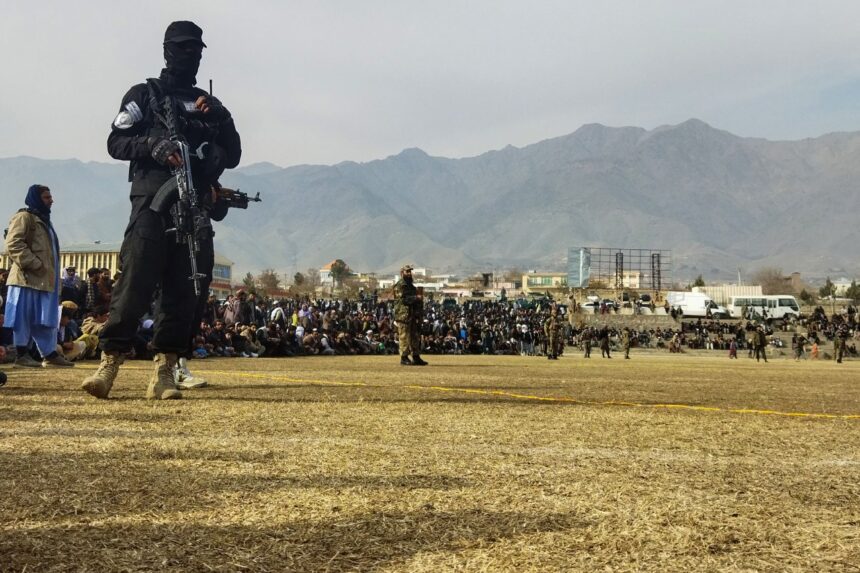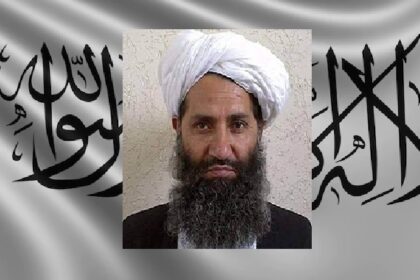RASC News Agency: In a continuation of their brutal campaign of public punishment and authoritarian control, the Taliban on Thursday, April 17, subjected 17 individuals to public flogging in Uruzgan Province and the capital, Kabul. The punishments, which were carried out in open stadiums before large crowds, have sparked widespread condemnation from national and international human rights organizations. According to an official statement from the Taliban’s Supreme Court, 15 individuals in Uruzgan accused of theft, extramarital relations, and same-sex conduct were each sentenced to 39 lashes, administered in the central stadium of Tarinkot, the provincial capital. Additionally, one man and one woman in Kabul’s District 4 were sentenced to one year of imprisonment and public flogging for allegedly engaging in an illicit relationship.
The court noted that these individuals were also handed prison terms ranging from one to three years; however, no information was provided regarding their ages or genders once again highlighting the opaque and unaccountable nature of the Taliban’s judicial proceedings. The implementation of corporal punishment and public executions has been repeatedly denounced by the United Nations, human rights watchdogs, and legal experts as a clear violation of international law and human dignity. Despite these global rebukes, the Taliban continue to rely on such punitive spectacles to exert control and instill fear among the population.
Only weeks earlier, the group executed four men in three provinces before public audiences. In response, the United Nations Assistance Mission in Afghanistan (UNAMA) issued a strongly worded condemnation, calling for an immediate end to what it described as “barbaric” practices. The Taliban’s Ministry of Foreign Affairs rejected the UN’s appeal, branding it “an insult to Islamic Sharia” and describing the statement as “irresponsible and intolerable.” The ministry insisted that the enforcement of Sharia is a “non-negotiable pillar” of their envisioned Islamic governance and warned UNAMA to refrain from issuing what it labeled “interventionist statements.”
Legal and human rights experts argue that these actions are less about justice and more about intimidation. In their view, the Taliban’s public punishments function as tools of domination, performed in the absence of due process or an independent judiciary. What is presented as religious justice, they contend, more closely resembles collective humiliation, retaliation, and authoritarian coercion. Against this backdrop, the outlook for human rights and judicial integrity in Afghanistan remains grim particularly for women, ethnic minorities, and other vulnerable communities who have long borne the brunt of the Taliban’s repressive regime.






